SDGs for your event
With its 17 Sustainable Development Goals (SDGs), the UN’s vision for humanity serves as a call to action to end inequality, protect the planet from destruction and ensure prosperity for all.
All positive actions, both big and small, are a step in the right direction. But to have a truly positive impact on the SDGs, big ambitions are needed, and your event can be a part of this.
Overall, think of your SDG impact in the design, planning and execution of your event in all of the following 6 areas. Additionally, you can achieve a strong SDG impact through the specific focus of your event itself, or through the specific participant activities that you facilitate, for instance in collaboration with local social organisations.
In Wonderful Copenhagen Convention Bureau, we wish take lead when it comes to creating sustainable growth and development in the meeting industry - including the conventions taking place in our city. A journey to Copenhagen should be inspirational to conventions and their delegates from around the world with solutions on sustainable living and convention planning. This knowledge can be activated to promote sustainability even outside Copenhagen.
The Copenhagen Compass tool will help you implement the SDG’s in the planning and execution of present and future conventions in Copenhagen.
Below you can see which SDGs have an economic, social and environmental impact.
Economic impacts
Working with the economic sustainability of your event can have the potential to impact.
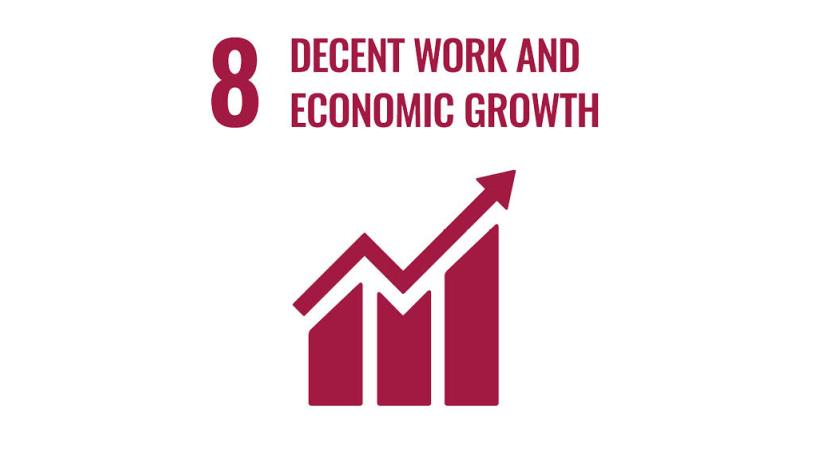
SDG 8
Through providing supplier or partnering opportunities for small businesses, and by engaging with suppliers and providers committed to fair labour and wage policies.
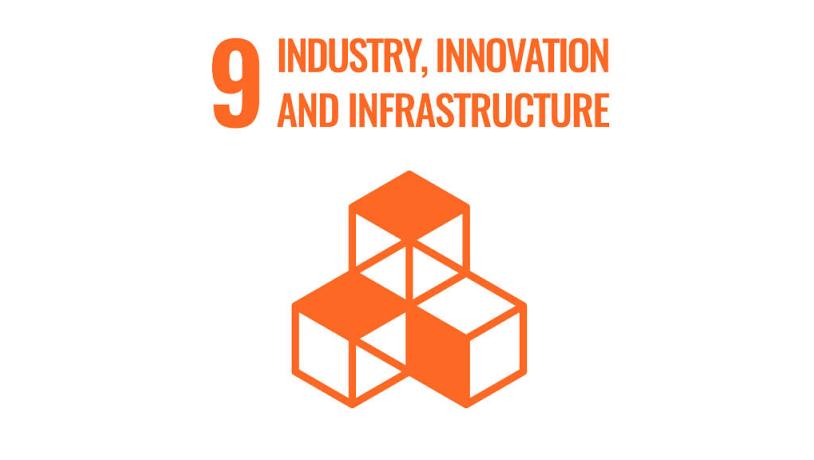
SDG 9
Through using and promoting innovative sustainable solutions and products within transport, food, materials and more, especially from small businesses.
Social impacts
The social ambitions of your event can have the potential to impact
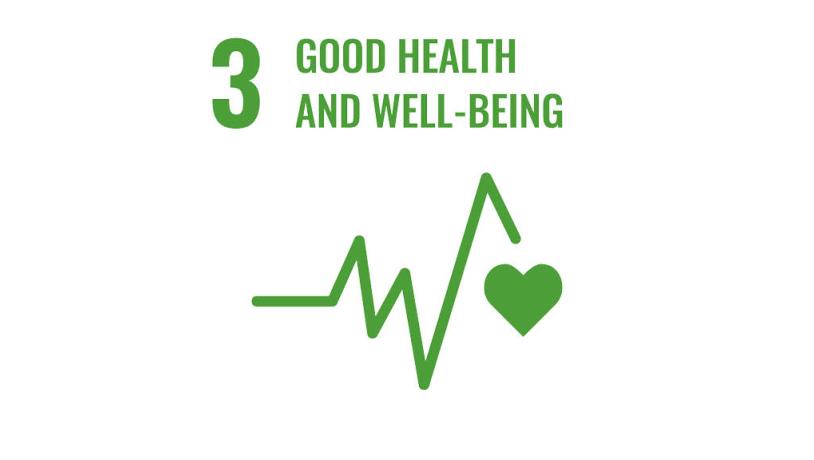
SDG 3
Through promoting healthy menus, food options and moving around by foot or bicycle, and through working with suppliers committed to improving social conditions for workers and communities in especially developing countries.
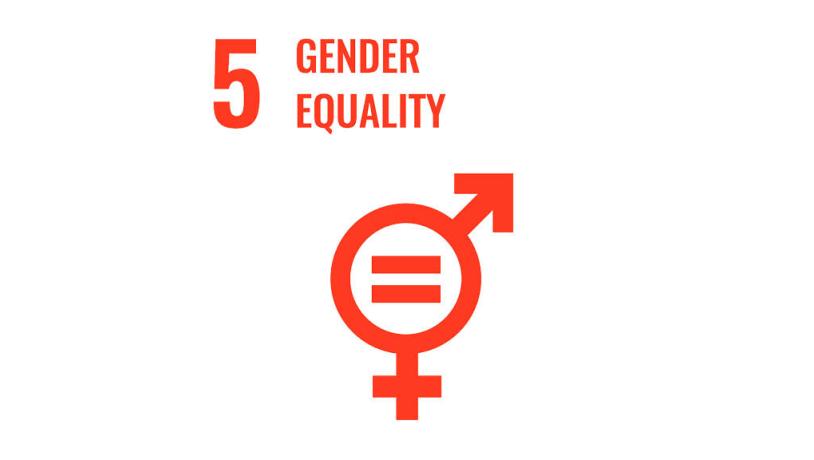
SDG 5
Through ensuring equal gender opportunity and participation in event leadership, panel, keynotes, etc.
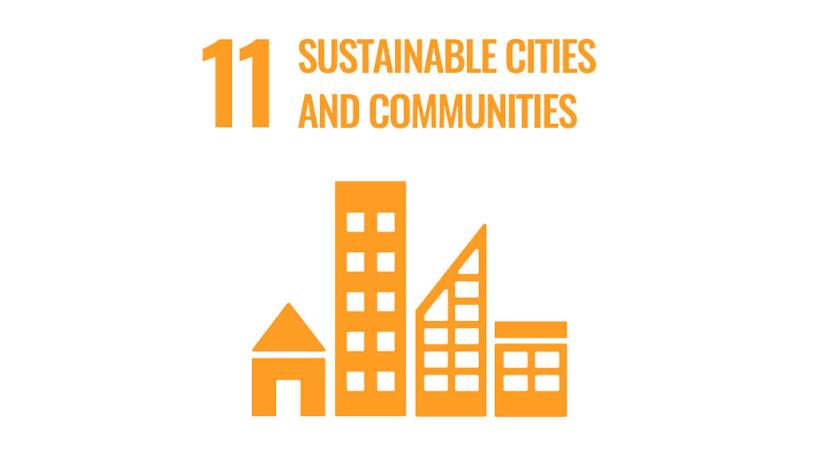
SDG 11
Through partnering with organisations and initiatives supporting clean and safe urban communities.
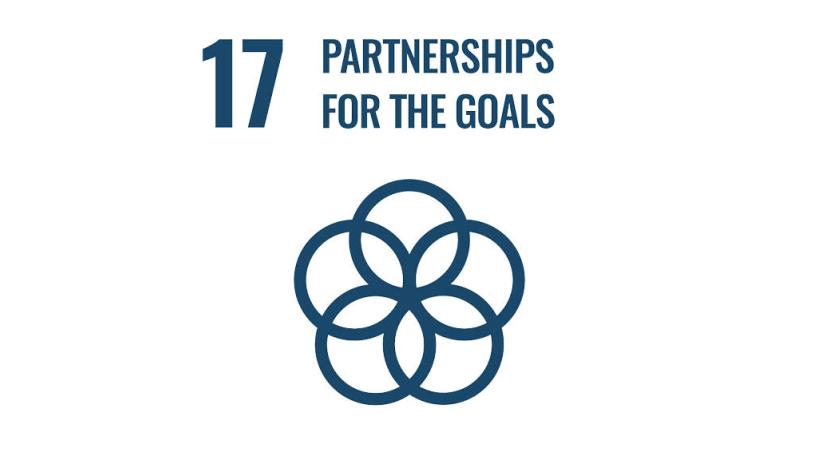
SDG 17
Through facilitating meetings and collaborations between participants and local communities around aspects of sustainable development.
Environmental impacts
The environmental ambitions of your event can have the potential to impact:
SDG 6
Through making tap water accessible for participants instead of bottled water. Furthermore, by encouraging participants to, e.g. minimize waste of water by taking shorter showers at the hotels and not throwing things in the toilet that should not go there.
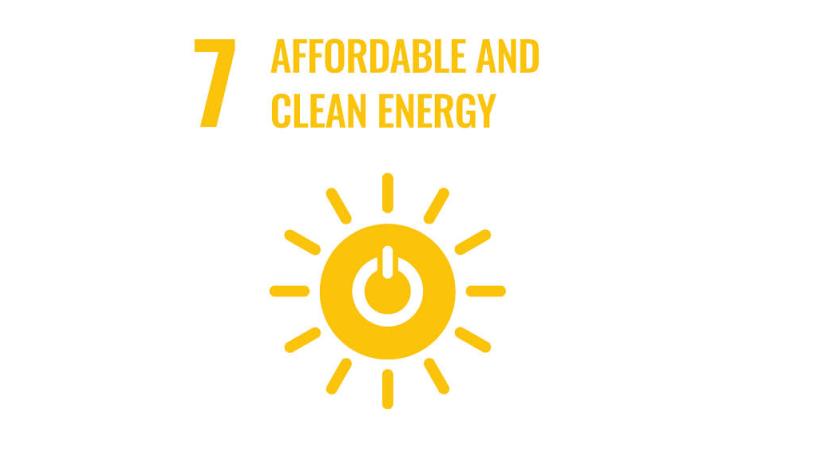
SDG 7
Through prioritising travel and transport, as well as materials and food production, based on renewable energy.

SDG 11
Through limiting impact on nature's city and cultural landscape, minimising materials and resource waste within the city, and through lowering particle emissions from e.g. transport.
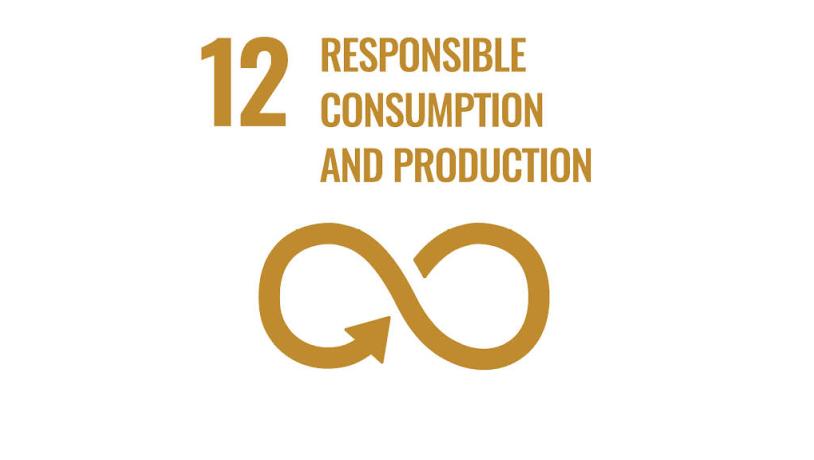
SDG 12
Through using sustainably managed natural resources, reducing food waste, working with sustainable suppliers, and providing guidance for participants on sustainable behaviours.
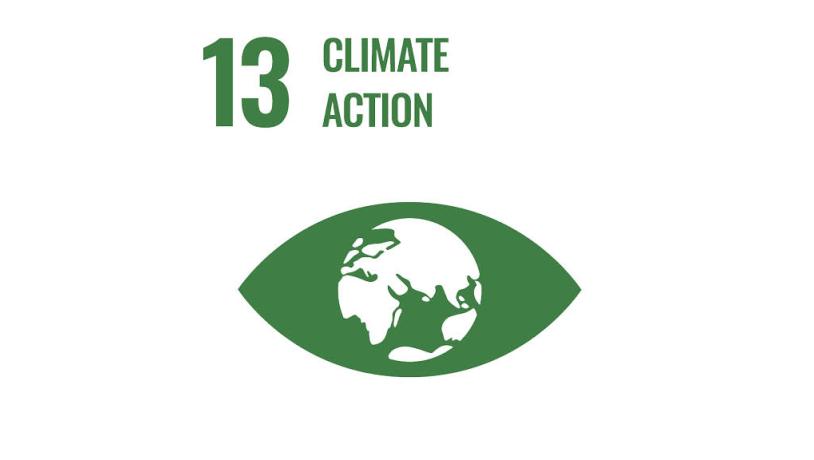
SDG 13
Through significantly reducing CO2 emissions from travel, transport, materials and food production, both in the event itself and by providing guidance for participants on low-emission behaviours.
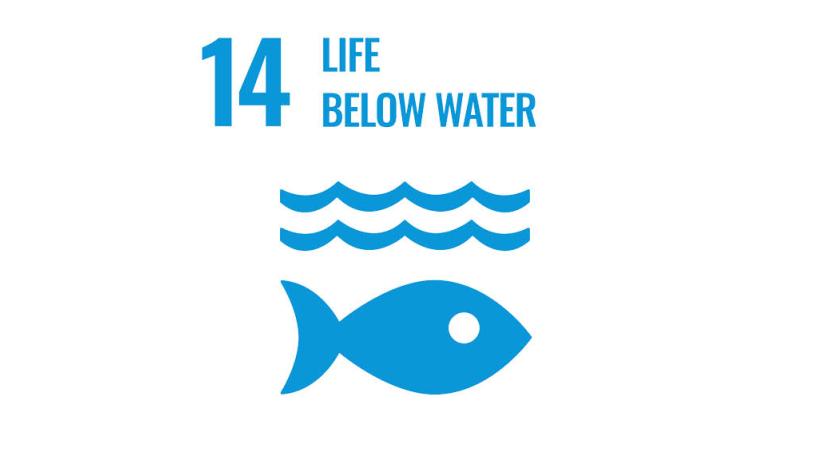
SDG 14
Through avoiding plastic, in particular single-use plastics, and by working with suppliers committed to sustainable ocean and ocean life stewardship.
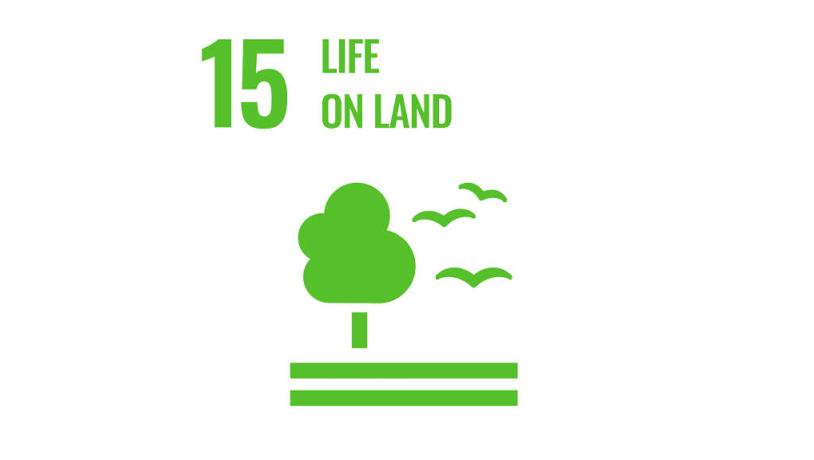
SDG 15
Through reducing overall consumption of natural resources (food and materials), and by only working with suppliers committed to sustainable natural resource management.
If you have any questions or problems, please do not hesitate to contact the CVB team at cvb@woco.dk
